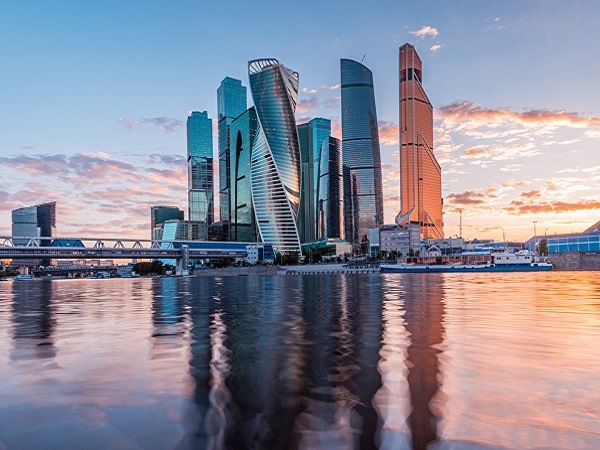You will learn:
1. What documents are required for entering Russia for a business visit or work?
2. Who is involved in the process of arranging entry for foreign citizens into Russia?
3. Which countries have simplified entry procedures or a visa-free regime with Russia?
Most often, as part of their business activities, companies invite foreign citizens to Russia for employment or business visits.
To travel to Russia on a business trip, a foreigner needs to obtain a business visa, for which the company must issue an invitation. If a foreigner comes to Russia for work, he or she needs to obtain a work visa, for which in addition to an invitation, it is also necessary to obtain a work permit.
During the process of arranging documents for the entry of a foreign citizen into Russia, there are three parties involved: (i) the inviting party, (ii) the foreign citizen themselves, and (iii) government agencies. The inviting party is a Russian company (hereinafter referred to as "the Company") that invites the foreign citizen.
IMPORTANT: The inviting party for a business visa can be either the Company itself or another legal entity, a migration service provider, engaged by the Company to organize business migration within its projects. In this case, the receiving party in the invitation and the business visa is not the Company itself, but such a legal entity. However, certain requirements must be met to avoid risks associated with formal violations of migration legislation, which will be described in other sections of this guide.
For a work visa, only the Company itself can act as the inviting party.
As mentioned earlier, when preparing documents for entry, several government agencies must be checked, at least: (i) the migration service (one of the units of the Ministry of Internal Affairs of Russia), (ii) the Ministry of Foreign Affairs of Russia, and (iii) the Russian Federal Security Service (FSB). The data of both the foreign citizen (credibility, involvement in crimes or violations of Russian laws in the past, etc.) and the inviting company (constituent documents, information about activities, and the presence of violations in the field of migration laws) are verified. At each stage of the check, the foreign citizen may be denied entry.
Russian consulates located in the country where the foreigner is obtaining the visa are also involved in the process of obtaining entry documents. The consulate receives the foreigner's application for a business or work visa, and then issues the visa or may refuse to issue it for various reasons.
The Ministry of Foreign Affairs of Russia establishes a list of migration-risky countries (whose citizens more often than others violate the legislation of Russia). The list includes a large number of countries (for example: Iran, Vietnam, China). The documents of citizens from such countries are subject to more thorough verification and often take longer than usual.
Russia has a visa-free regime with some countries. The visa-free regime is only for tourism and visiting relatives, not for work or business purposes (for example: Peru, Cuba, Turkey).
Foreigners from neighboring countries also have simplified procedures for entering and getting employed in Russia. The complexity of such procedures varies depending on the agreement with each country (for example, citizens of the Republic of Belarus can enter Russia with their internal passport and do not need to apply for a migration card).
Countries of the former Soviet Union that are now part of the Commonwealth of Independent States (CIS) but not members of the Eurasian Economic Union (EAEU) are considered as neighboring countries for Russia (for example, Azerbaijan, Uzbekistan), and their citizens can enter Russia using a foreign passport. Other countries are considered as distant foreign countries.
With an initially professional approach, business migration to Russia can be carried out without any problems or additional efforts. However, in practice, especially in the context of large projects, situations often arise that require special attention and an individual approach for their successful resolution.
It should be noted that the consulate reserves the right to refuse to issue a visa to an applicant if there are serious grounds for doing so. In case of refusal to issue a visa, the paid fee is non-refundable.
Summary:
1. To enter Russia for business or work purposes, a business or work visa is required, respectively.
2. To obtain any of the mentioned visas, an invitation to enter Russia must be obtained first.
3. In addition to the invitation, a work permit must be obtained to obtain a work visa.
4. At least the inviting party, the foreign citizen, the Migration Department of the Ministry of Internal Affairs of Russia (migration service), the Ministry of Foreign Affairs of Russia, and the Federal Security Service of Russia are involved in the entry process to Russia.
5. Russia has a visa-free regime with some countries (e.g., Peru, Cuba, Turkey).
6. Simplified entry and employment procedures apply to foreigners from neighboring countries in Russia.
При копировании материалов ссылка на сайт Lawspells (www.lawspells.com) обязательна.













